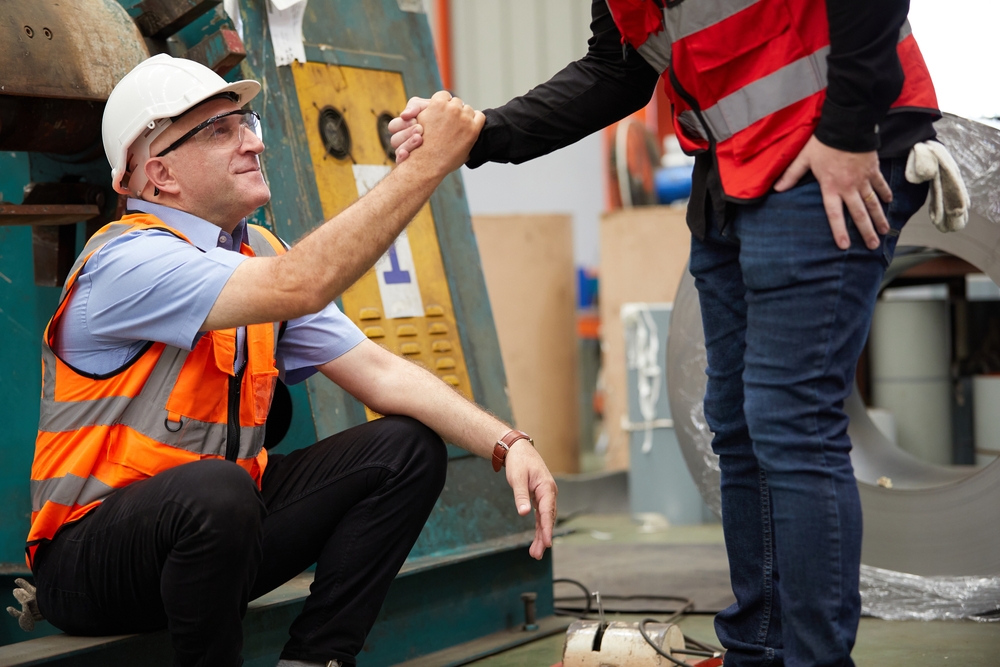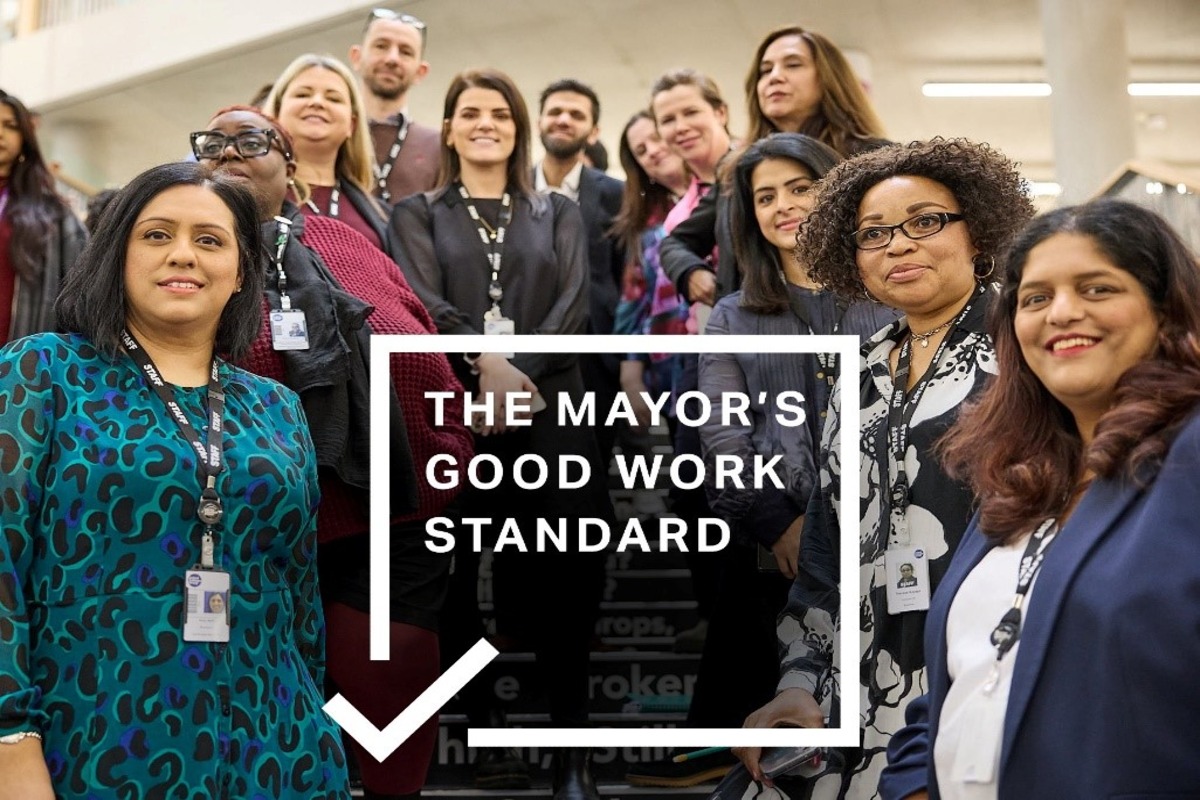Prioritising Employees: Safety & Welfare in Construction

We all want to feel safe in the workplace, both physically and mentally. Whether you manage a site or own your own construction business, both the safety and welfare of your team is paramount. After all, manual labourers build the world around us, so the least we can do is ensure they are able to work safely.
This article will explore some of the ways you can make sure your workplace is an inviting space.
Steps to ensure health and safety
Maintaining standards of health and safety is one of the most important responsibilities in any construction site. Here are three key ways you can create a safe workplace for your staff.
Perform necessary risk assessments
To ensure employees are safe in the workplace, businesses are required to perform risk assessments. This covers a number of concerns, from electrical safety to manual handling. If conducted properly, workers can be confident when completing their tasks that every effort has been made to ensure that they do not come into harm’s way.
In the construction sector, risk assessments should be conducted thoroughly. There are a lot of duties to be overseen on a building site, including planning, demolition, and construction. One of the most important risk assessments may be structural stability, whereby trained personnel survey buildings during alterations.
Every construction site is unique, although there are similarities between each one. This includes the use of heavy machinery and equipment. Site managers should ensure each piece of mobile equipment is assessed, including dumper trucks, excavators, and mobile elevating work platforms (MEWPs).
Supply adequate training
Risk assessments are imperative, but this is only the first step in employee safety. It is a legal requirement for every business to thoroughly train its workers on health and safety guidelines. This training should cover particular topics that are appropriate for each role, from manual handling guidelines to slips and trips.
The construction industry is anything but simple. To work on a site, employees are required to have an in-depth knowledge of their surroundings. This encompasses anything from the density of materials to the operating of machinery. The Construction Industry Training Board is available to assist employers in ensuring training standards amongst employees.
Steps to improve wellbeing
Everyone should find enjoyment in their job. Whether that comes from professional fulfilment, friendships, or a generous payment scheme, is irrelevant. Your employees’ welfare should never decline while at work. If you provide a friendly work environment, their wellbeing can improve. Here are three simple steps to achieve this.
Mental health support
In order to maintain workers’ wellbeing, it is important for businesses to provide mental health support. This can be something as simple as ensuring that employees have someone to talk to, such as a mental health first aider. In comparison to a physical first aider, it is not a legal requirement to have a mental health first aider in the workplace. However, this is a good idea if employers are looking for ways to improve emotional welfare standards amongst their workers.
A positive working environment is beneficial in more ways than one. According to research by Warwick University, happy workers can be 12% more productive than those who are unhappy. This is not the main benefit of employee welfare, but it is another reason to train mental health first aiders.
Provide a safe space to relax in
In the UK, employees who work more than 6 hours are entitled to a break of at least 20 minutes. This can increase depending on the length of the shift worked. Regardless of whether the work is physically or mentally demanding, rest is imperative to employee welfare.
With that in mind, it is important for businesses to provide a space where workers can gather during their breaks. If you manage a construction site, this might be a storage container that can be transported to a new location when necessary. This can provide employees with soft furnishings and amenities, such as a kettle and microwave, to facilitate relaxation.
These are some of the simple steps you can take to provide a safe space for your employees – and why stop here? There are lots of other safety precautions to take, and many more welfare boosters to create. Have an open conversation with the team to find out how you can make your workplace stand out from the rest. What will be your first step?
Sources:
https://www.unison.org.uk/get-help/knowledge/health-and-safety/risk-assessment/











Responses